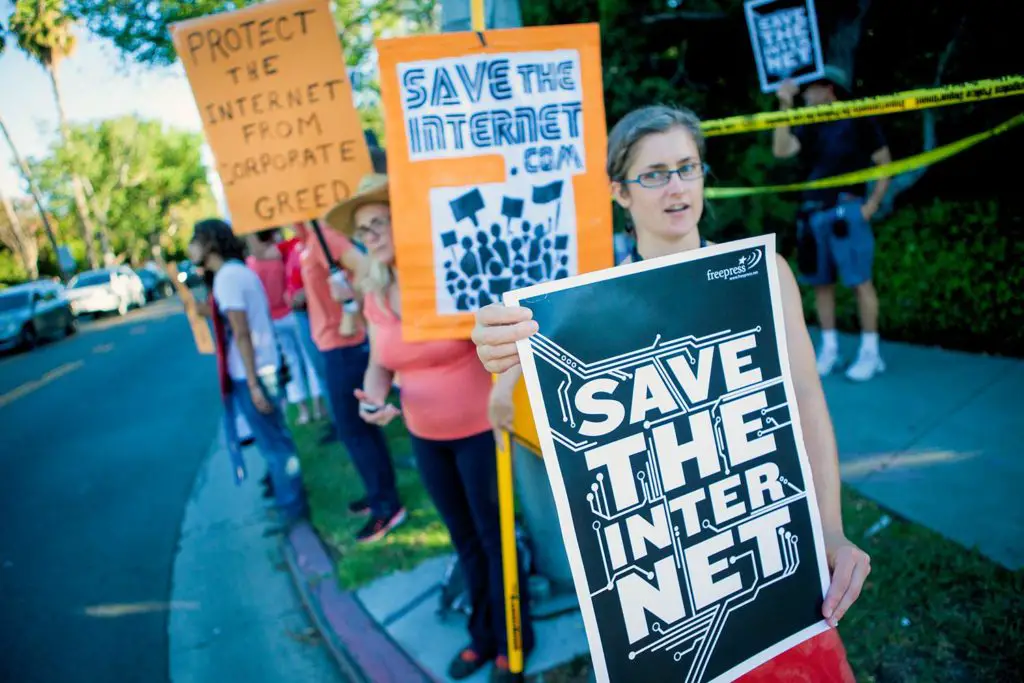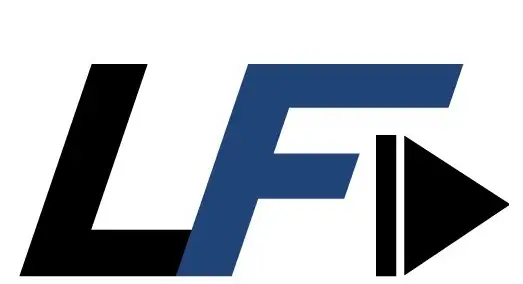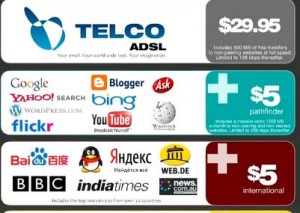
Facebook, Google and friends will sue to protect net neutrality
It’s happening: The biggest names in the internet world will sue to keep the internet open, fair and unrestricted.
Speaking with the unified voice of the Internet Association, a trade group representing social media platforms, ride sharing companies and all manner of entertainment, the websites we live on announced their intent to join lawsuits against the FCC’s proposed changes to net neutrality.
The bold, public move was in response to an equally audacious moment: on Jan. 4, the FCC released its final rule to replace Obama-era protections with net neutrality regulations that would allow internet service providers the opportunity to charge more for services and access to websites as they saw fit. The real kicker? The FCC is calling its nearly 600-page rule “Restoring Internet Freedom.” You can read it here, if you’d like.
In a letter published Jan. 5, Internet Association President and CEO Michael Beckerman says the final version of net neutrality changes, as drafted by FCC Chairman Ajit Pai, “defies the will of a bipartisan majority of Americans and fails to preserve a free and open internet. AI intends to act as an intervenor in judicial action against this order and, along with our member companies, will continue our push to restore strong, enforceable net neutrality protections through a legislative solution.”
This is a big deal: These companies hold so much sway over our lives as citizens of the internet age. Their support for legal actions against an office of the U.S. government is nearly unprecedented. They know, and they’ve loudly said, the proposed rules would harm innovation, restrict development, create paid “fast lanes” for companies willing to shell out big bucks for unhindered and preferential treatment and would leave in the “slow” lane any company or organization (or individual) unwilling or unable to pay more for equitable service.
Remember, Canada, this has implications for you too: These companies are almost unanimously based in the U.S., meaning if they have to pay more to provide the same level of service to which you’ve become accustomed, they’d likely pass those increased prices on to you, resulting in higher subscription fees or slower transfer rates. (To say nothing of the backdoor dealings happening in your own country. But that’s an update for another day.)
But what does all this mean, really?
“As an intervener, the IA would be a third-part to the lawsuit, asserting its right to weigh in on the case in order to protect its members’ interests, which would clearly be impeded by disposition to the case,” explains Dell Cameron of Gizmodo.
The internet companies likely would become involved in a lawsuit threatened by nearly half of the Attorneys General of the United States, led by New York Attorney General Eric Schneiderman.
“The legal battle will take place months from now in a court yet to be determined,” Cameron continues. “The number of litigants is also currently unknown — interested parties have another 50 days or so to file if they wish to join the suit. Among those who’ve declared their intent to file are nonprofit Public Knowledge; the open-internet advocacy group Free Press and e-commerce giant Etsy.”
When the FCC released its “order” on net neutrality – not a final rule, mind you, and it’s not the law of the land yet – at least one commissioner loudly objected.
“I dissent from this fiercely-spun, legally-lightweight, consumer-harming, corporate-enabling Destroying Internet Freedom Order,” writes FCC Commissioner Mignon Clyburn in a whopping 281-page statement.
“I dissent, because I am among the millions outraged. Outraged, because the FCC pulls its own teeth, abdicating responsibility to protect the nation’s broadband consumers. Some may ask why are we witnessing such an unprecedented groundswell of public support for keeping the 2015 net neutrality protections in place? Because the public can plainly see that a soon-to-be-toothless FCC is handing the keys of the internet – the internet, one of the most remarkable, empowering, enabling inventions of our lifetime – over to a handful of multi-billion dollar corporations. And if past is prologue, those very same broadband internet service providers, that the majority says you should trust to do right by you, will put profits and shareholder returns above, what is best for you.”
The anger and public outcry Clyburn mentions can be felt at this year’s Consumer Electronics Show (CES), where Pai was scheduled to host a “fireside chat” about technology and the internet. However, due to death threats, Pai cancelled his appearances there.
This shouldn’t have to be said, but here goes: Threatening violence against people who have differing opinions is not ok. That remains true for people who want to restrict the freedom and ease of use of the internet and turn it into a toll road for knowledge and art and innovation while limiting all the beauty and power we’ve grown to love. Or people who make really stupid, condescending videos about their intentions.




Pingback: A Journal of Musical ThingsNet neutrality lawsuits come marching in - A Journal of Musical Things